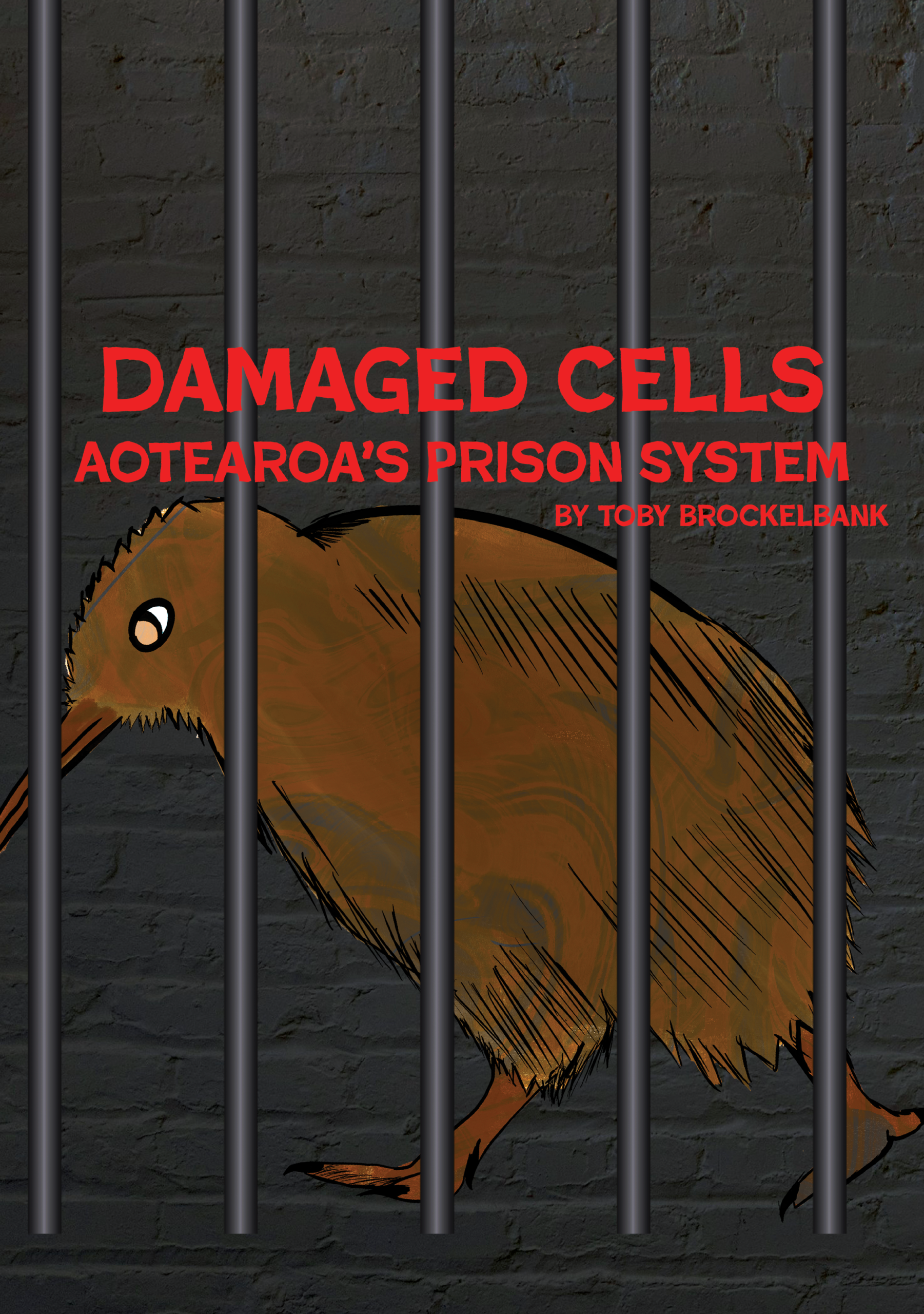
This issue contains plenty of discussion on crime itself, its social and political foundation, and even its distortion into entertainment, but very little on its consequences. Aotearoa has 18 prisons. Under a Labour Government, our prison population dropped more than 25%, however under our right-wing coalition, has exceeded 10,000 inmates for the first time in four years. If prison is seemingly political, why? To understand the discourse, Nexus wanted to reach out to the opposition for a critical view on what is currently occurring. Below are answers from Tamatha Paul, Green Party Spokesperson on Justice.
What is the prison-industrial complex?
This describes the industry of actors who benefit financially from the incarceration of people. The people who run prisons (like Serco at Auckland South Prison), construct prisons and prison expansions, develop security and surveillance systems (like ankle bracelets and security systems for prisons) – they all stand to make fortunes from incarceration.
Politicians and governments support the prison-industrial context when they choose to use imprisonment as the only tool to deal with harm in our communities. This funnels billions of public money into private profits. In my view, prevention is far more effective and far more cost effective, and it is morally bankrupt to create an industry based on misery.
When did the prison abolitionist movement start in Aotearoa?
Probably when prisons began to be constructed to enslave and suppress Māori rangatira when the British came to Aotearoa.
Which demographics are more likely to be imprisoned for the same crime as the average citizen?
MĀORI people, disabled people, and people from deprived communities.
Is the name ‘corrections’ problematic? Can people be ‘corrected’ and does prison ‘correct’ them?
It should be called the Ministry of Connections because prisons are places where people become better criminals with better connections.
I have been into 14 prisons in the last year, I just went to Rimutaka this morning – New Zealand’s largest prison – and I can tell you that successful rehabilitation and “correction” is virtually non-existent.
Do prisons reduce crime?
Prisons are not an effective way to reduce harm. They do not eliminate harm, they relocate harm and concentrate it.
What alternatives do you posit?
In the prevention space, access to health, housing, liveable incomes, education, mental health and addiction support are far more effective to reduce crime.
Is any private profit made by the prison system of Aotearoa and if so who receives this and why?
We have one privately-run prison in New Zealand – Serco in South Auckland but I suspect this Government will steer us towards a more privatised prison model with Christchurch Men’s Prison being pursued by this Government. But it is also important to note that the privatisation of prisons will also be driven by some senior people in Corrections leadership, regardless of who is in government and that is something I will be keeping a close eye on.
Do any of New Zealand’s political parties support the prison system more or less when in office and if so, why?
I can only speak for my own, and we think there needs to be significant change to our criminal justice system altogether. We believe it is possible for a world to exist where prisons do not, and it is one where people have everything that meets their needs, and where we have good mental health institutions to support people with mental health and addiction issues.
In your opinion, which convictions are the least valid that are currently imprisoning Kiwis?
– Cannabis convictions
– Parking fines
-Any “crimes” that people resort to due to poverty
Are the needs of female inmates met in our women’s prisons?
No. I have been to every women’s prison in New Zealand and they are basically the same as men’s. There are small differences, and there are some people working in those prisons who work really hard to accommodate women, especially mothers, but by-in-large, women’s prisons are built without the needs of women in mind.
Is solitary confinement used here, why, and what are its effects?
Yes, I tried to make solitary confinement illegal last year: Govt must end solitary confinement – Green Party of Aotearoa New Zealand
It is most used, from my understanding, in PERU in Auckland Prison (Prisoners of Extreme Risk Unit).
Solitary confinement is awful and leads to worse mental health and isolation for an individual. It means that when people come back into the community, as they inevitably will in more than 90% of cases, it can make people more hostile and aggressive due to prolonged times spent in isolation.
Have prisoners been tortured in Aotearoa?
There have been cases of people being subject to treatment that goes against the Optional Protocol on the Convention against Torture and other Cruel, Inhuman or Degrading Treatment or Punishment (OPCAT). One example of this is Cripps v Attorney-General where two women who were in Auckland Women’s prison were successful in overturning the use of “cell buster pepper spray” in prisons after Karma Cripps was effectively gassed in her cell which goes against OPCAT: Case brief: Cripps v Attorney-General [2022] NZHC 1532
As you read, people are making money from our prison system. Whatever your stance is on prisons morally – their privatisation, use of torture and isolation, sexism, racism, ableism, and classism, suggest there is more at play than “correction”. Beneficial or harmful, prisons are an appendage of Aotearoa. The problem becomes, will this correctional corporeality (body) rot into a corporation?